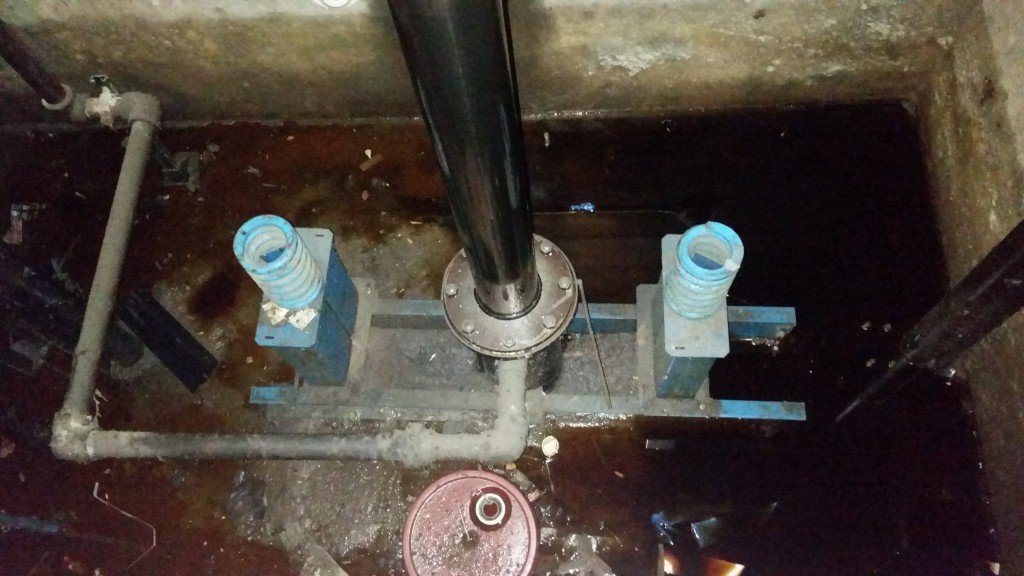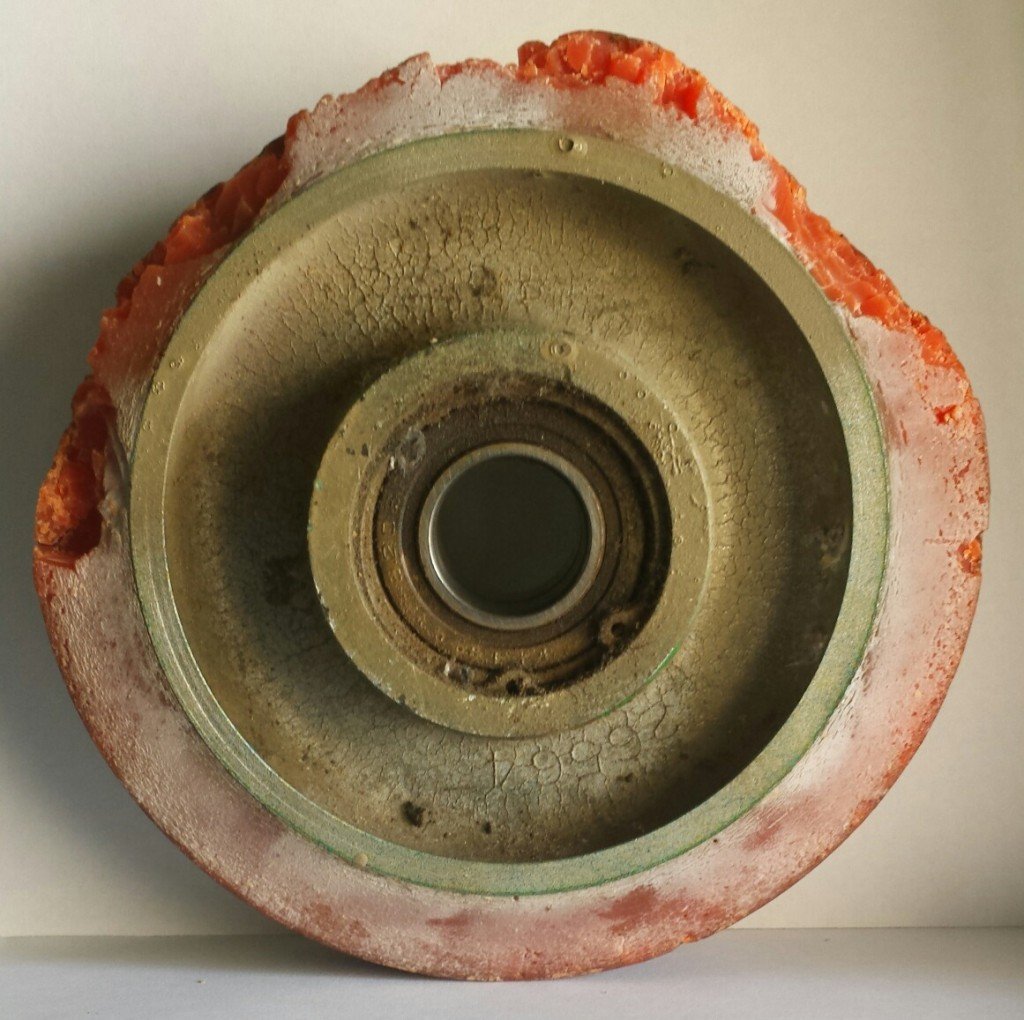In the elevator and escalator industry, “inspection,” “testing” and “audit” are terms commonly used interchangeably yet, in reality, they are quite different. An elevator inspection or escalator inspection is typically performed by the Authority Having Jurisdiction (AHJ). The purpose of an inspection is to evaluate whether or not all elevator equipment and its related counterparts meet current State and Municipal elevator code to ensure safety of all equipment for use. Elevator testing or escalator testing is a component of an elevator inspection. An elevator or escalator cannot pass inspection without the proper testing being completed. The type of test mandated by ASME A17.1 depends on whether the unit is hydraulic, traction, escalator, dumbwaiter or other vertical transportation conveyances regulated by the AHJ. Some examples of testing are Category 1 (annual) tests and Category 5 (every 5 years) for traction elevators. Hydraulic elevators require an Annual Pressure Test. Escalators also must be tested annually or when the AHJ requires. Testing is conducted by the Elevator Service Provider. Code mandates that testing documents and testing tags (which give the date and type of test) be present in the machine room. An inspector checks to see if the required testing is completed during an inspection.

A pit filled with oil and water is not up to code and would not pass inspection
An elevator audit assesses the safety, performance, and maintenance of the vertical transportation equipment. Unlike a test or inspection, an audit is not required by code. An audit is a service that is pursued by the building owner or property manager to get a snapshot of the condition of the elevator or escalator units and the service it is receiving. Audits document how the building’s equipment is being serviced and maintained by thoroughly reviewing the building’s current elevator maintenance plan and existing service contracts while cross-referencing them with the elevator equipment’s current condition and performance. Performing an audit consistently results in performance and service improvements from the elevator service provider. Elevator audits usually uncover deferred maintenance and missed services needed to fulfill the equipment’s life cycle. An audit can be performed to facilitate the equipment to pass inspection. It is common to use the terms “elevator audit,” “elevator assessment” and “elevator survey” to refer to the same service.
The word “elevator” is commonly used to reference all vertical transportation including escalators, LULA, dumbwaiters and other types of equipment.

This disintegrated roller guide had previously passed inspection but should not have

